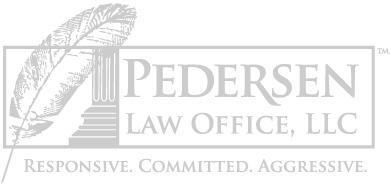Avoiding the Tax Trap of Debt Relief
Mar 07, 2014
Avoid the Debt Relief Tax Trap

It is tax time! If you have had over $600.00 worth of debt forgiven, it is considered income and you have to pay taxes on it. The creditor is required to file a 1099-C with the IRS and you are required to report it as income. This includes debt relief from debt settlement or negotiations. If you cannot pay the debt in the first place, how can you expect to pay taxes on the debt? There are a couple ways that you can avoid these tax consequences known as “exclusions”.
The five exclusions are:
Insolvency Exclusion is defined as the total of all of your debt being more than the value of all of your assets immediately before the cancellation. This exclusion is commonly used because individuals that are unable to pay the debt are likely to be financially upside down. If this is your situation, it may be a good idea to explore the next exclusion.
Bankruptcy Exclusion simply means that you received a discharge of the debt in a bankruptcy. Bankruptcy was created to give you a fresh start! Law makers recognize that paying taxes on the forgiven debt after filing bankruptcy creates new financial problems and takes away from the idea of a fresh start. That is why, if you file bankruptcy, all debt forgiven in the bankruptcy is tax free.
Qualified Principal Residence Debt Exclusion, Qualified Farm Debt and Qualified Real Property Business Debt Exclusions are the last three exclusions. These exclusions are very complex and rare and need to be discussed directly with a tax professional.
If you received a 1099-C and met one of the previously listed exclusion requirements, don’t worry. The IRS created Form 982 to deal with that very scenario. The purpose of this form is to say, “Yes, this debt was forgiven but I don’t have to pay taxes on it because I fit into one of the exclusions.” If you were able to avoid the tax trap by fitting into one of the exclusions, there is a possibility you are in financial hardship.
If you are concerned about the amount of debt you owe and do not want to deal with future tax liabilities, bankruptcy might be the answer for you. For many, bankruptcy is the only way to successfully receive debt relief and avoid these tax consequences. If you would like further information about the pros and cons of bankruptcy, please contact Pedersen Law Office, LLC.


